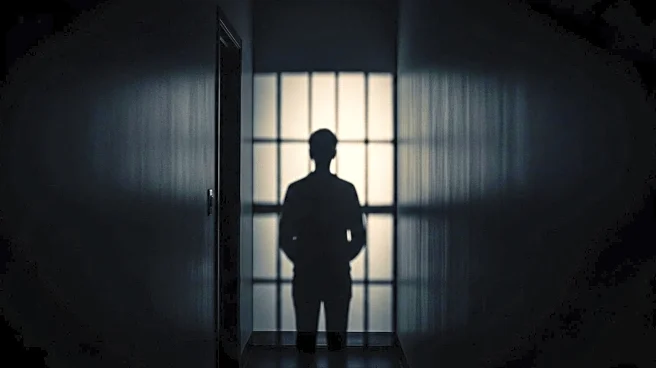What is the story about?
What's Happening?
László Nemes, the Oscar-winning director of 'Son of Saul,' is presenting his latest film 'Orphan' at the Venice Film Festival. The film is a deeply personal story inspired by Nemes' father, who discovered a family secret at the age of 12. Set in 1957, 'Orphan' follows a young boy named Andor, whose life is shaped by the aftermath of the Second World War and the failed Hungarian uprising. Nemes aims to explore themes of intergenerational trauma and historical oppression through the eyes of a child. The film is produced by Pioneer Prods., Good Chaos, Mid March Media, and AR Content, with New Europe Film Sales co-selling the film with Charades.
Why It's Important?
The film 'Orphan' highlights the enduring impact of historical events on personal lives, particularly through the lens of childhood experiences. By focusing on a young boy's journey, Nemes sheds light on the broader societal and historical forces that continue to shape individual destinies. This approach resonates with audiences by offering a unique perspective on the complexities of history and its influence on personal identity. The film's exploration of trauma and resilience is significant in understanding the long-term effects of historical events on future generations.
What's Next?
Nemes is developing another historical film titled 'Moulin,' about French Resistance hero Jean Moulin, set to begin shooting in September. He also expresses a desire to make a film in English, although he acknowledges the challenges in retaining creative control within the current system. Nemes continues to focus on creating films that explore historical themes, while also considering the impact of technology on contemporary storytelling.
Beyond the Headlines
Nemes' work often delves into the ethical and cultural dimensions of historical narratives, encouraging viewers to reflect on the cyclical nature of history and its implications for modern society. His films challenge audiences to consider the limitations of individual agency within larger historical contexts, fostering a deeper understanding of the interconnectedness between personal and collective histories.















